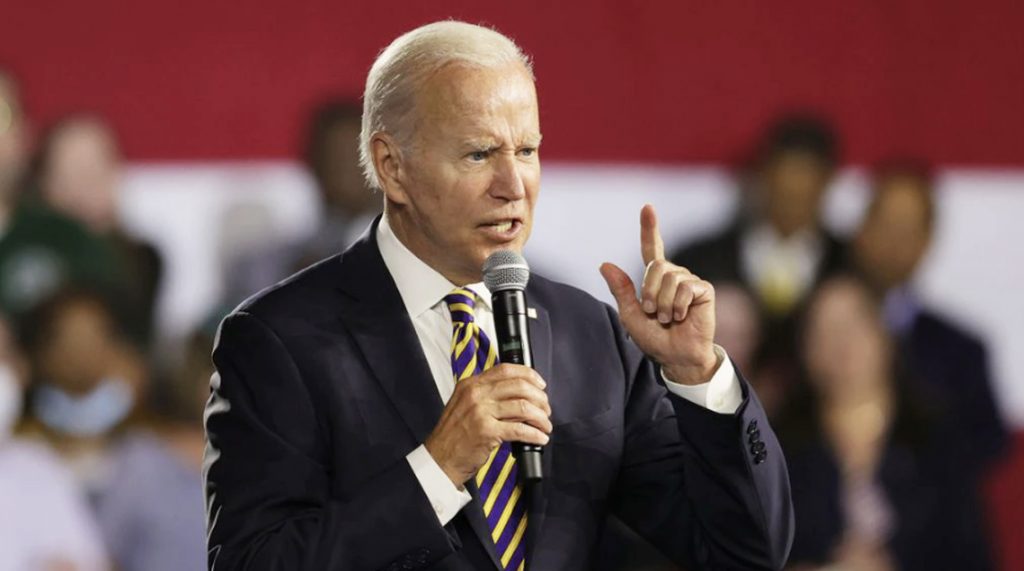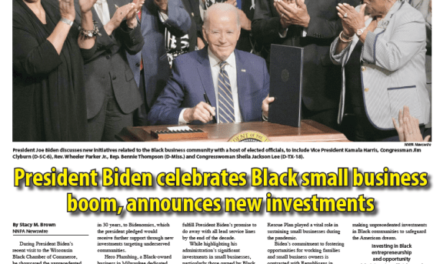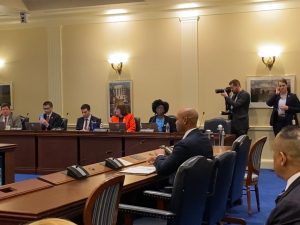By John Sharp
Oil and gas revenue leases produced so much of a boost for Alabama’s Gulf Coast last year that Gov. Kay Ivey decided to travel to Spanish Fort in October and announce $41 million in projects while blowing out the candles on her birthday cake.
This year’s present to Alabama from the Gulf of Mexico Energy Security Act (GOMESA) is down a little bit to $35 million.
But in future years, Republicans are worried GOMESA money might not be worth any kind of celebration.
“We are concerned for what the future of this funding source could look like,” said Gina Maiola, the governor’s spokesperson.
Their concerns focus on the uncertainty of offshore oil and gas leases under President Joe Biden’s administration, which is weighing whether to issue more leases in the Gulf of Mexico at a time of instability in fuel prices and inflation.
Biden is hearing criticism from all sides. Republican leaders along the Gulf Coast accuse the president of damaging the economy by ceasing oil and gas leases. Environmental advocates believe the president is breaking campaign promises by not ceasing offshore drilling altogether.
GOMESA impact
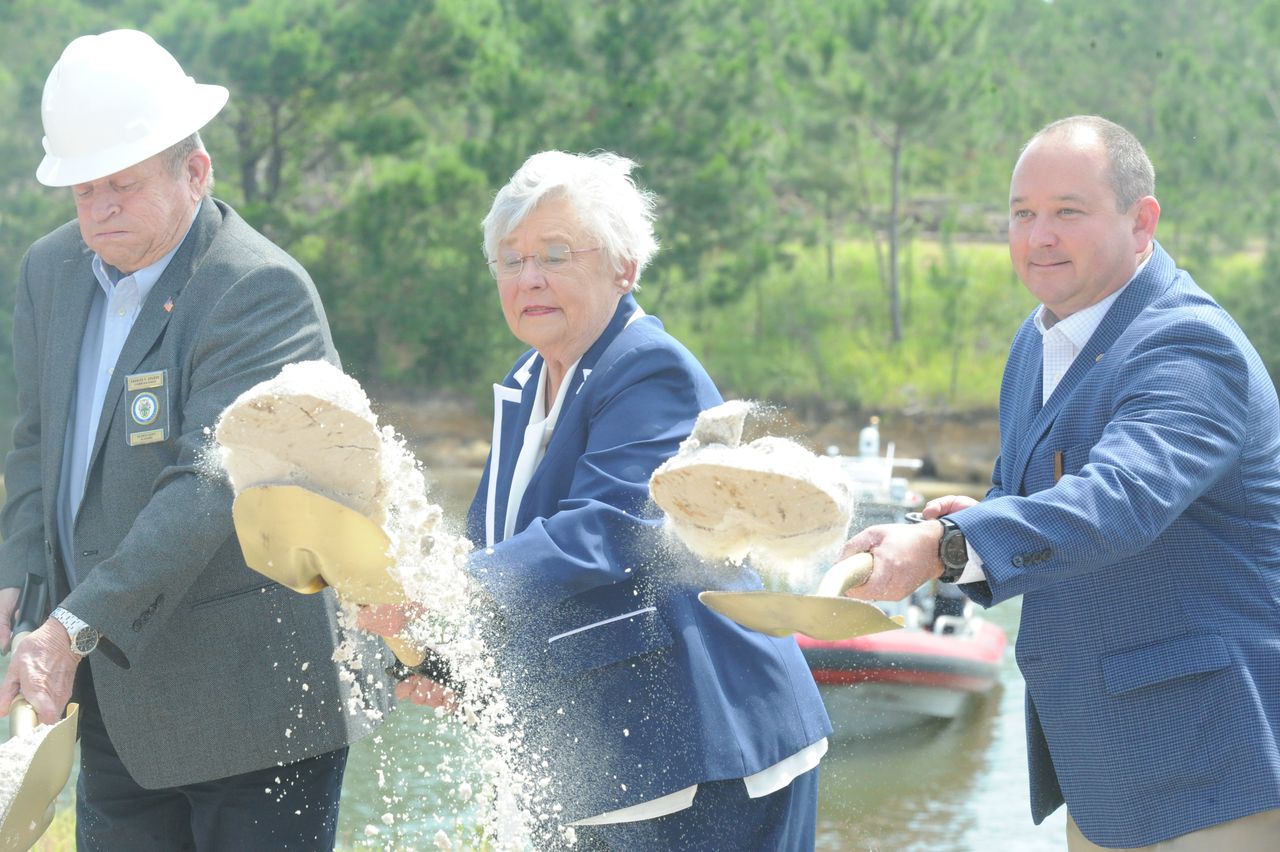
For Alabama, the Gulf leases are a crucial source of revenue for a host of projects in Mobile and Baldwin counties.
The state gets 37.5% of federal royalties from new Gulf oil and natural gas leases, according to the 2006 law that established GOMESA. Three other Gulf states – Mississippi, Texas, and Louisiana – also share in the lease revenues.
The funds are used for coastal conservation and preservation projects, hurricane protection and to boost eco-tourism. In Alabama, the GOMESA revenues have funded park expansions, land acquisitions for conservation and beach access, new boat ramps, fishing piers, litter traps and more.
The revenues have skyrocketed since 2017. Data from the U.S. Department of Interior, which administers the program, shows the state received a total of $263,000 in oil and gas lease revenues in 2017. A year later, when Phase II of the GOMESA program kicked in, the program’s revenues shot up to $26 million.
Two years ago, $50 million in lease revenue came back to the state.
But coastal lawmakers are concerned that Biden, who vowed to cease oil and gas exploration during the 2020 presidential campaign, will freeze activity.
“The energy policies of this administration are disastrous nationally,” said state Senator Chris Elliott, R-Daphne, who sponsored legislation two years ago that requires all of the state’s GOMESA revenues to be spent within Mobile and Baldwin counties.
Elliott said the current situation of high fuel prices and the lack of new offshore leases represents a “double whammy” to the Alabama Gulf Coast.
“We’re paying more for oil and the administration is not allowing the leases to pursue (oil drilling),” Elliott said.
Biden’s plan
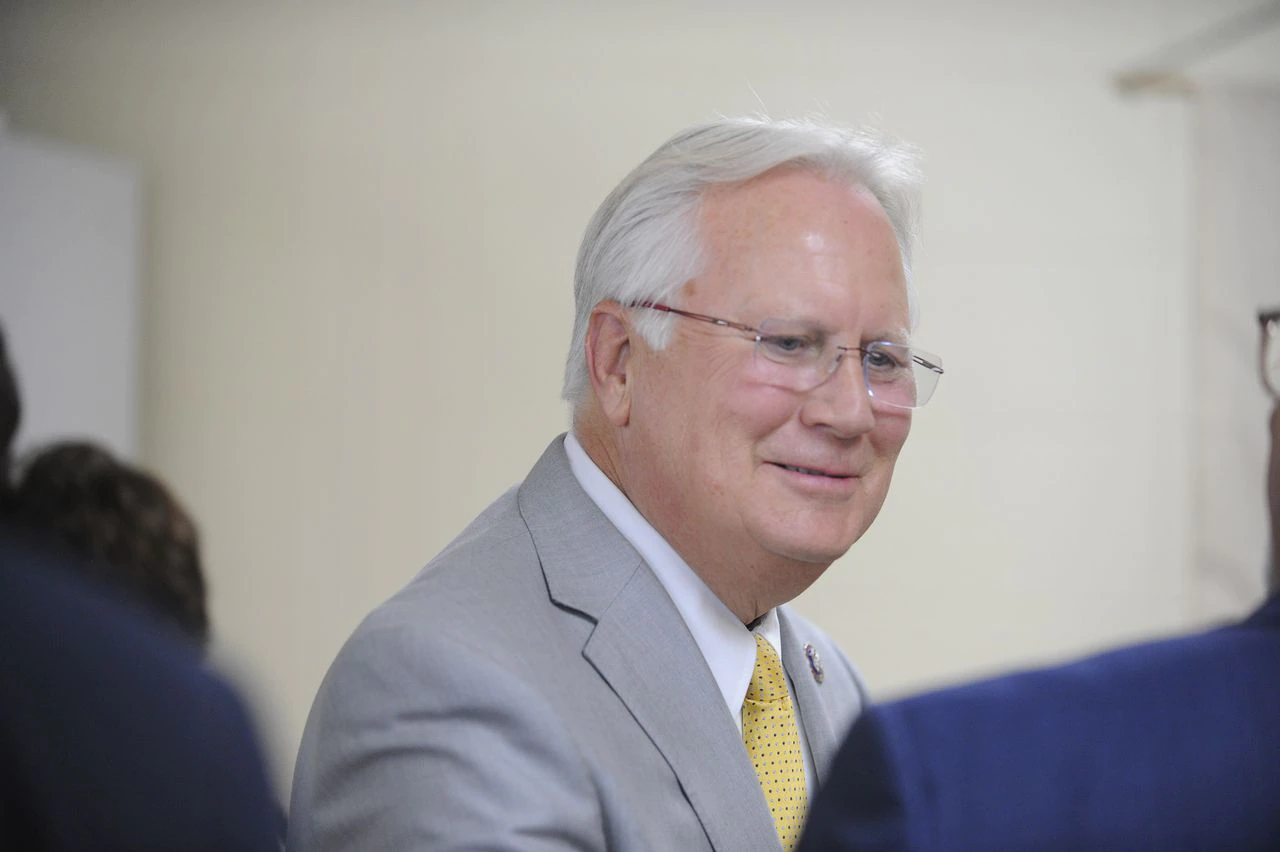
The Biden administration, earlier this month, released a proposed five-year oil and gas leasing program that includes up to 11 new leases – 10 in the Gulf of Mexico and one off the Alaskan coast – but also includes the potential for zero.
Areas off the Atlantic and Pacific coasts remain off-limits to drilling under Biden’s plan, despite some interests from former President Donald Trump to widen offshore drilling activities beyond the Gulf of Mexico.
A final plan will not be determined until after a 90-day public comment and would not begin until 2023.
U.S. Rep. Jerry Carl, R-Mobile, said he believes that Biden simply “does want us to drill anymore,” and blamed the administration for being “off its rocker when it comes” to the petroleum industry.
Carl said while believes GOMESA revenues are “pretty stable” for the time being, the lack of offshore activity could shrivel a key revenue source for coastal Alabama.
“It’s been an environmental win-win,” Carl said. “But again, this administration is bound and determined to shut the drilling down.”
Environmental activists, while praising how the state has utilized the GOMESA funding thus far, believe that revenues from offshore energy development should not be the lifeline for funding environmental projects.
Cade Kistler, interim director of Mobile Baykeeper, said his organization does not believe that generating more revenue from GOMESA is a good reason to open coastal waters for more offshore drilling.
“This is tantamount to robbing Peter to pay Paul,” said Kistler.
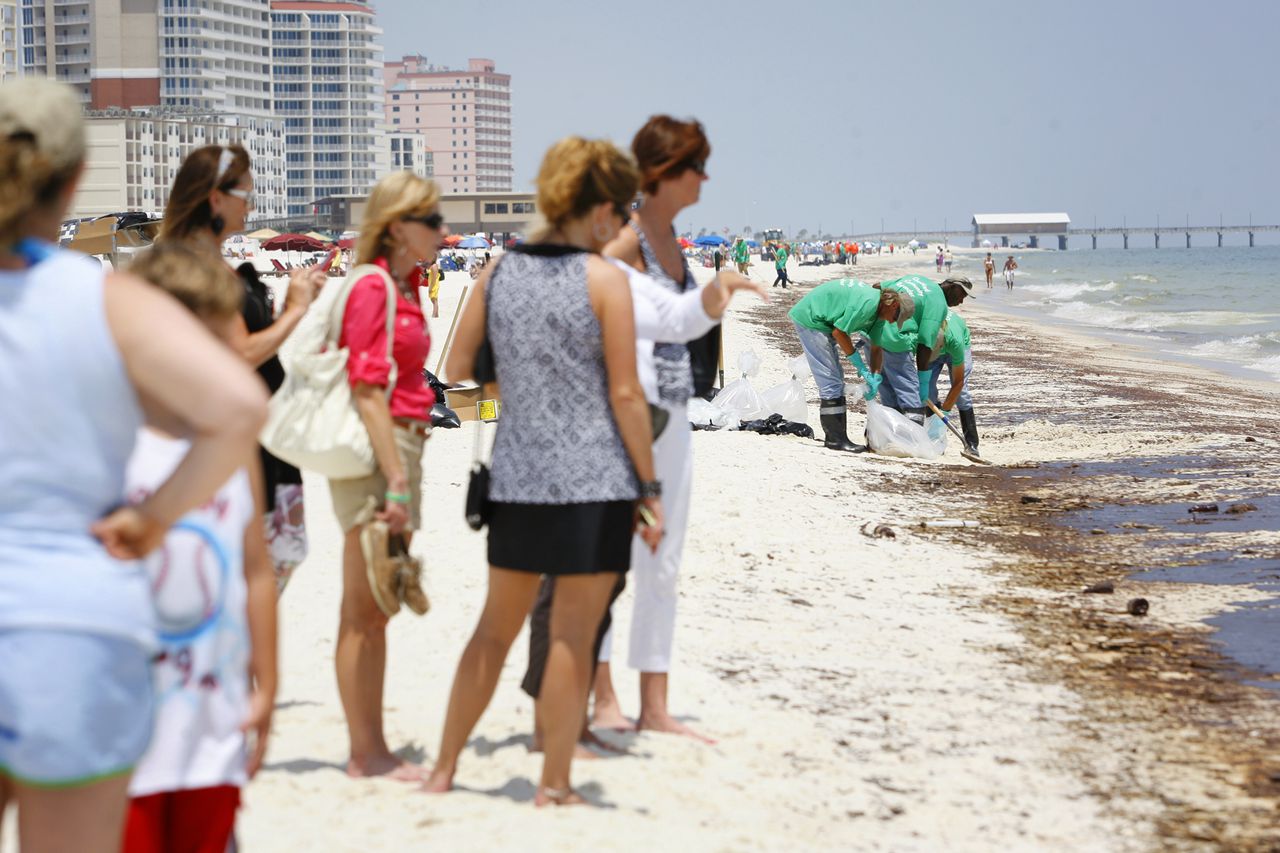
He said the reason for GOMESA is due to the risks offshore drilling has on the Gulf Coast. Of note is the 2010 Deepwater Horizon disaster and subsequent oil spill that polluted shorelines along the coastal states.
Kistler said GOMESA is represents a nice “bonus” for restoration, land acquisition, and other projects, but it should not replace state funding for environmental projects.
He said noted that the Alabama Department of Environmental Management’s budget was the lowest of any state’s environmental agency’s budget on a per capita basis from 2016-2019.
“Until elected officials and the citizens of Alabama prioritize funding the environment and ensuring ADEM is effective, the GOMESA projects are more like putting a finger in the dike rather than a cherry on top,” Kistler said.
Risky or needed?
Environmental advocates are also displeased with Biden’s proposed offshore drilling plan, arguing his plan could open the Gulf up for more activity.
The Southern Environmental Law Center, in a news release earlier this month, accuses the administration of backtracking on previous statements by proposing new offshore drilling leases in the Gulf of Mexico.
Sierra Weaver, a senior attorney and leader of the organization’s Coast and Wetlands Team, said in a statement that Biden’s plan “fails to take seriously the threats of climate change” while putting “coastal communities in the Gulf at a great risk.”
“At a critical point for urgent and bold climate action, it’s very disappointing to see the administration propose more offshore drilling in the Gulf of Mexico – the part of the country that has most suffered from this risky industry,” Weaver said.
Carl disagrees, and in May released a statement accusing Biden of engaging in a “war on American energy production” by halting new lease sales. He introduced legislation last year requiring the Interior Department to pay Gulf states the funds they are missing out during moratorium.
Republican Senator Richard Shelby said Biden should “be working on increasing domestic energy production rather than hamper offshore development,” amid rising inflation and pump prices.
He also said that lower GOMESA revenues would be harmful to Mobile and Baldwin counties.
Senator Tommy Tuberville called Biden’s offshore plan “a huge problem” if it’s adopted.
“GOMESA has been a huge success for Alabama and Mississippi and Louisiana and others,” he said. “If they’re less leases in the Gulf, there’s less drilling and there’s less revenue and that’s less revenue for our Coastal States. We use it for Coastline development, and it has gone a long way.”
Tuberville, like Carl, blasted the Biden administration’s energy policies and called them a “disaster.”
“We need to unleash American Energy and utilize our domestic energy resources,” he said. “I would hope that they don’t mess with offshore drilling and our GOMESA.”
Other coastal Republican lawmakers are upset. Mississippi Republican Senator Roger Wicker said he believes Biden is attempting to “kneecap energy production,” and accused him of harming jobs and increasing oil prices due to the lack of offshore leases.
Mississippi got $37.7 million in GOMESA revenues this year, according to Interior data.
“The Gulf Coast plays a crucial role in offshore oil and gas production, which can keep our country energy independent,” Wicker said in a statement. “It is important this production continue and not be hampered by President Biden’s overbearing environmental agenda.”

